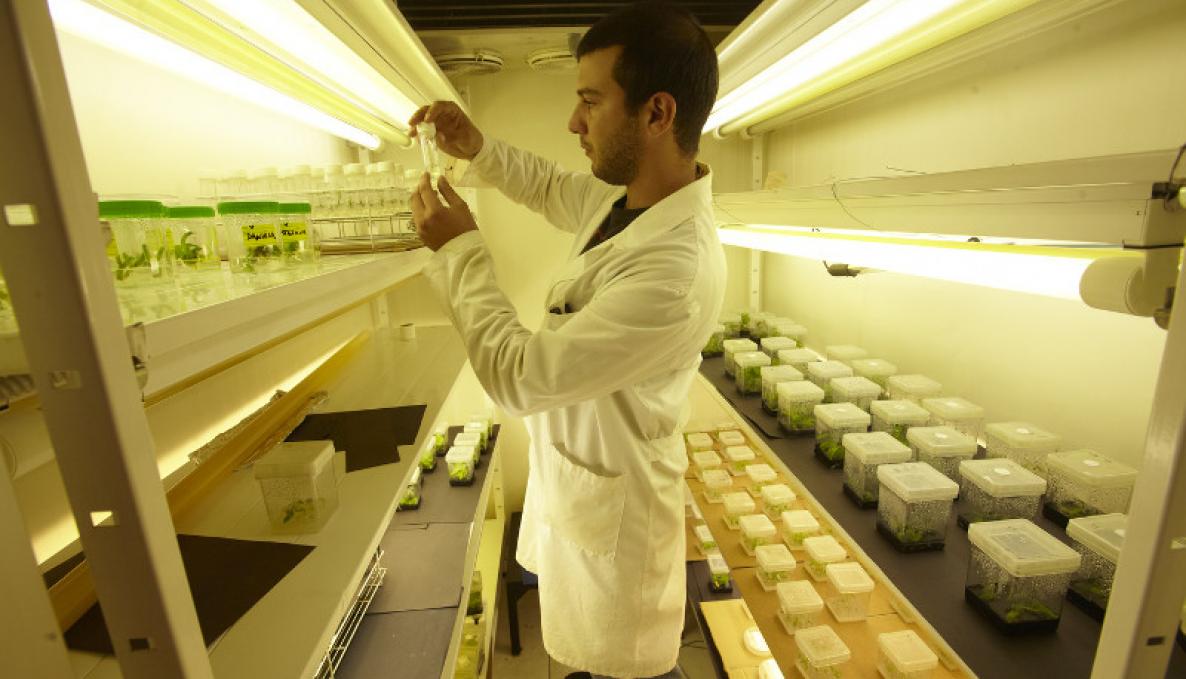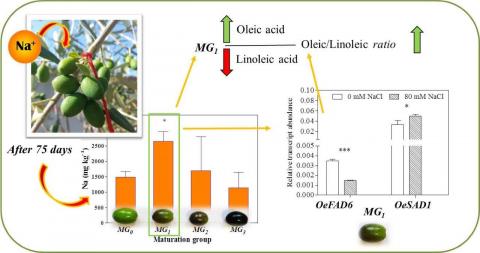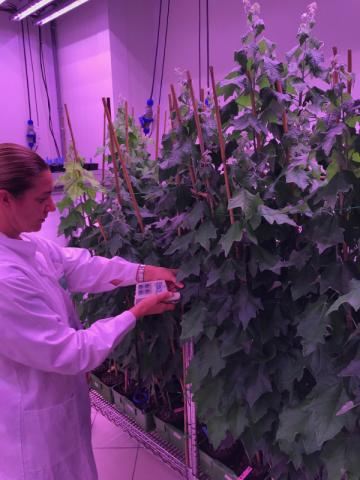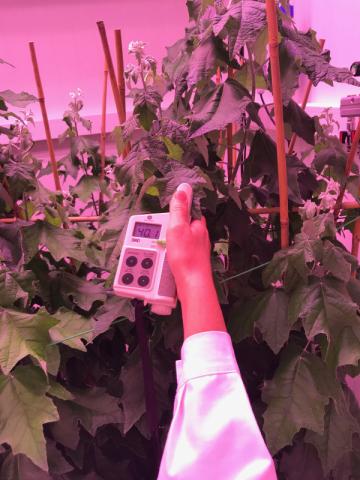Climate change and pollution: Sant’Anna School Life Sciences Institute researchers launching new studies on saline waters for olive orchards irrigation and poplar for phytoremediation applications

A number of studies have evaluated the effects of climate change on water demand in agriculture. A new study conducted by researchers of the Life Sciences Institute at Sant’Anna School has investigated the quantity and the quality of irrigation saline water for olive oil production. As well as advancing our knowledge of olive tree as a salt tolerant species, a major output from the study was to understand the impact of future climate drivers on irrigation requirements and soil salinity. Results show that olive trees can be irrigated with water containing (up to 3200 mg/l) salt and salinity is associated with reduction of photosynthesis in olives. A better selection of salt tolerant olive genotypes and mitigation strategies (amount of water and timing together with blending irrigation water of different quality) can be adopted for sustainable production.
The paper published in Plant Physiology and Biochemistry journal titled The Effect of saline irrigation on physiological traits, fatty acid composition and desaturase genes expression in olive fruit mesocarp, is co-authored by Samuele Moretti, Alessandra Francini, Luca Sebastiani, Luisa Hernández and José M.Martínez-Rivas from the Instituto de la Grasa (CSIC) – Seville. Click here to download the paper.
Given the economic importance of olive oil in the Mediterranean regions, it is critical to assess the future irrigation demand and related risks to agriculture in connection with water pollution through agricultural activity. Therefore, a research team of the Life Sciences Institute focused on phytoremediation technology as a cost effective and environmentally friendly technique as it utilizes plants natural ability to suck the pollutants. The extent of pollution in water decided the use of poplar for the cleanup of pollutants such as phthalates which are added to plastics to make them soft, increase flexibility, prevent cracking and facilitate molding. Thanks to its capability in uptake and accumulation of organic pollutants, Populus alba L. “Villafranca” clone resulted to be a good candidate for reducing Phthalates’ negative effects on ecosystem and human health. Results confirmed the high tolerance of “Villafranca” clone to xenobiotics. The paper published in Environmental Science and Pollution Research by Francesca Vannucchi, Alessandra Francini, Erika Carla Pierattini and Luca Sebastiani (Sant’Anna School) in collaboration with Andrea Raffaelli (Istituto di Fisiologia Clinica - CNR – Pisa) is titled Populus alba dioctyl phthalate uptake from contaminated water. Click here to download the paper
Photo Archive: BioLabs – Institute of Life Sciences






